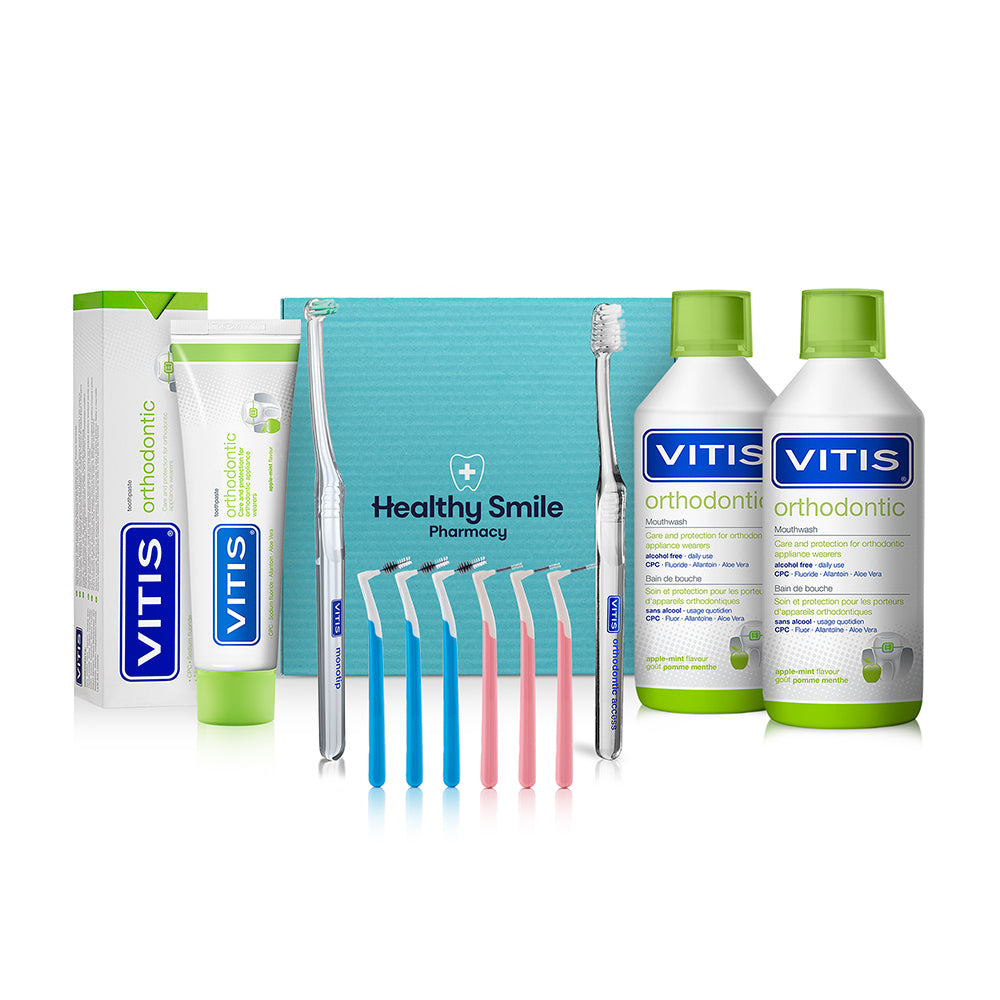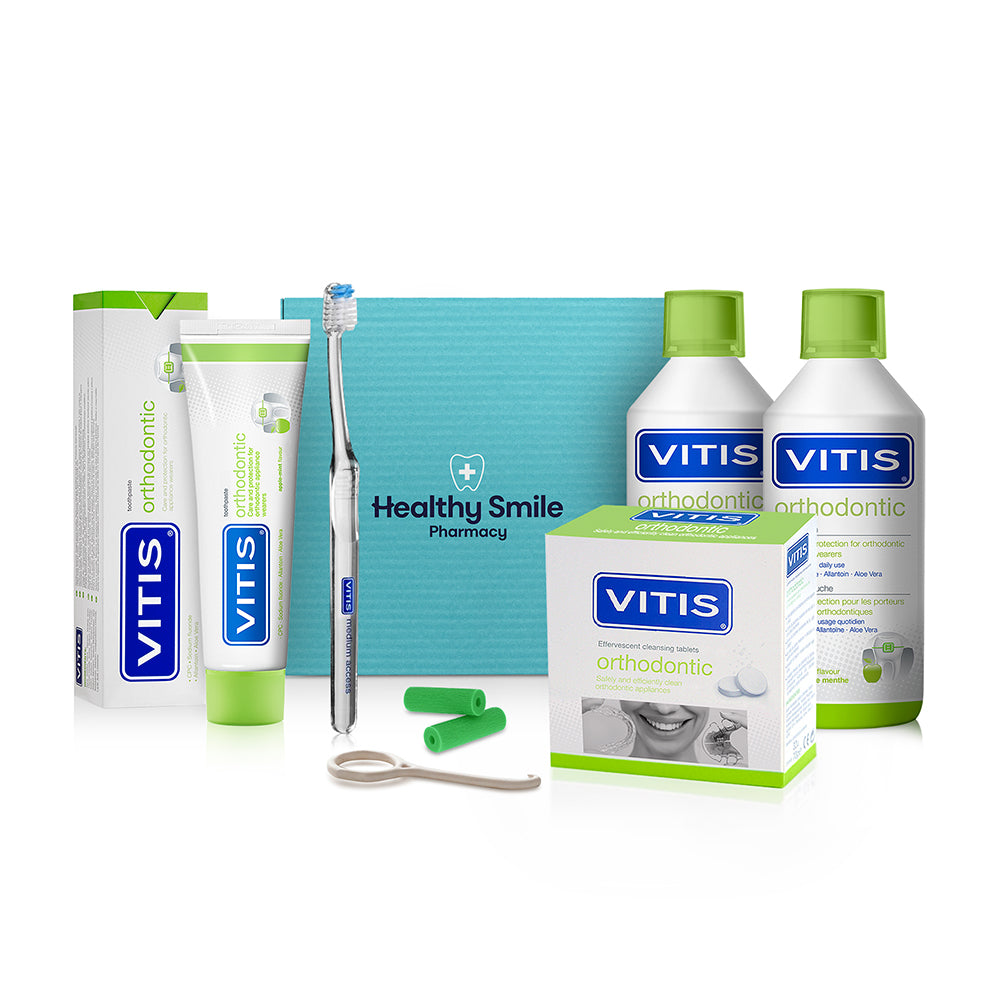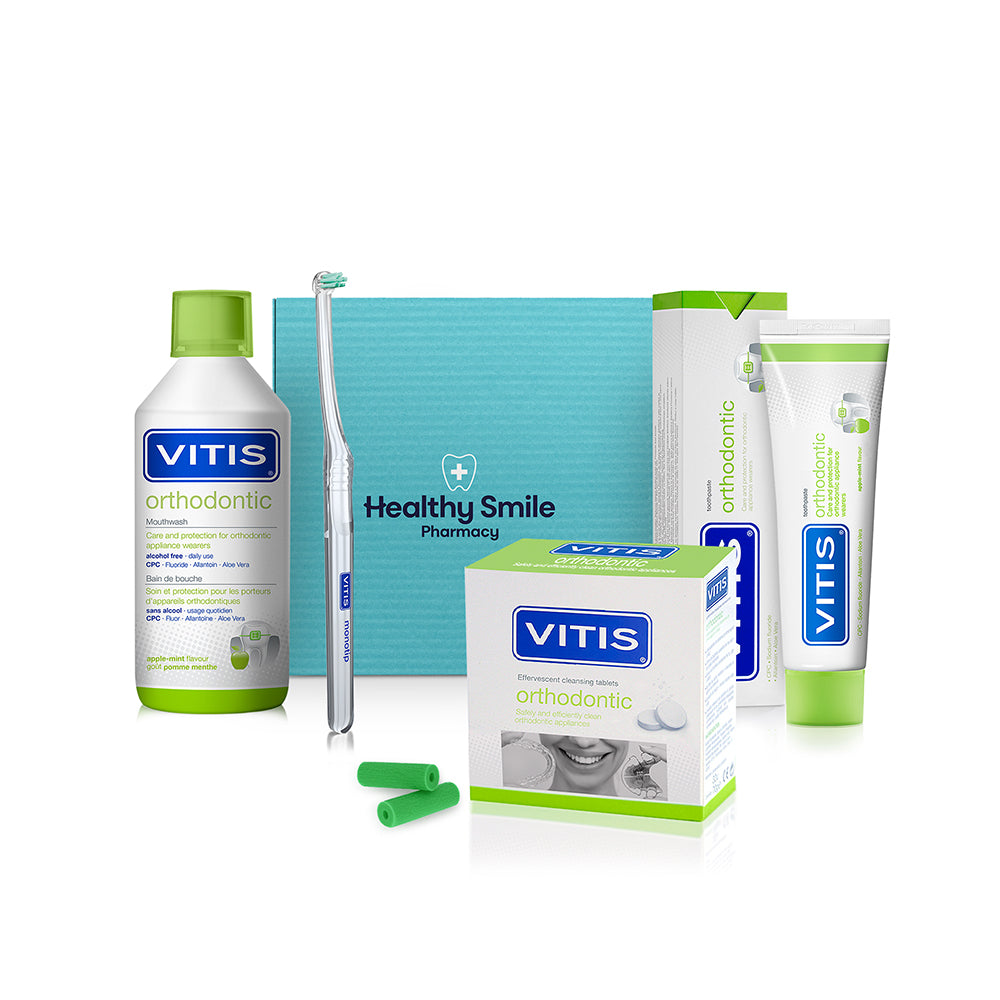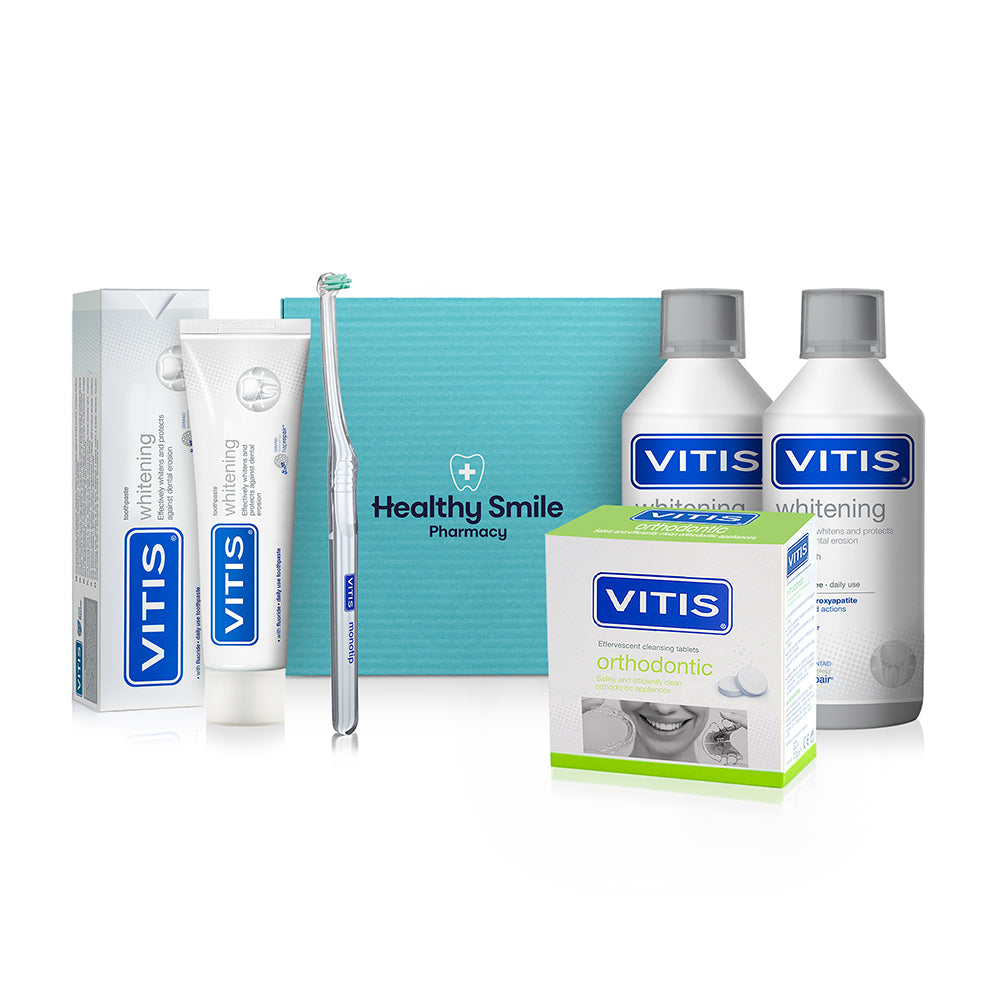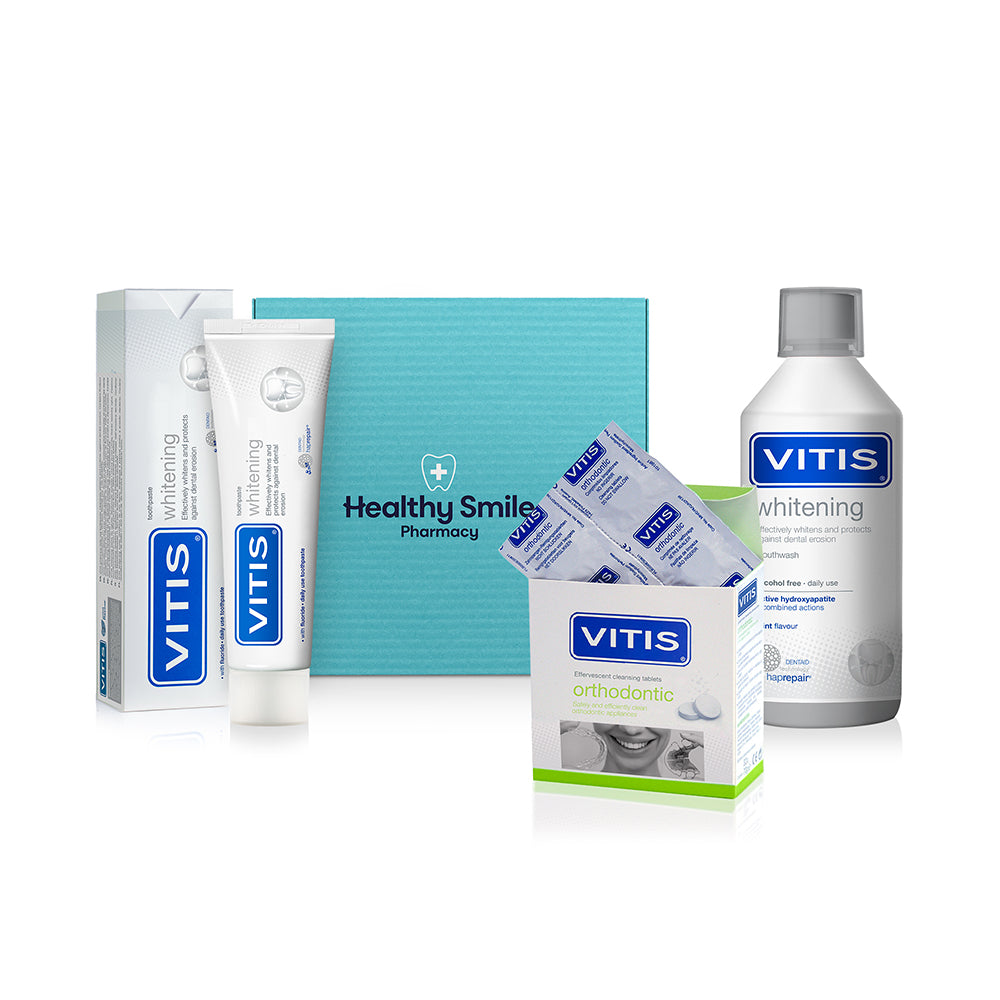Day & night relief from dry mouth! Let XyliMelts moisturise and bring relief to your dry mouth! Shop Now

Why do some people get the urge to pick at their fixed brace?
Brace, Interrupted
Once you’re bonded to your braces, the goal is dig deep, get to the finish line for a smile to celebrate.
But what about those of us who develop a ‘mental itch’ when it comes to our fixed braces? It’s a thing no one seems to talk about: an instinctive urge to fiddle with or pick at our braces.
It’s a behaviour that, if not controlled, we may end up attempting to sabotage parts of our brace. Ultimately, our orthodontist may decide to terminate treatment. It’s important then, that it becomes part of the discussion for brace wearers.
Luckily, there are lots of things we can do to help ease the urge and calm the ‘itch’.

We’ve got solutions, but first let’s explore:
Why do some people get an urge to pick at our fixed braces?
Anxiety? Control? Curiosity? Irritation? Habit? Boredom? Yes – they can all play a part in a brace picking habit. We’re only human, after all.

Why does a threat sensing brain say, get these fixed braces off me?
Brains process the information they receive in strict order:
- Sense first
- Think later
When you touch a hot object, you snatch your hand away before you’ve thought about it. The sensing brain acts quickly and keeps us safe. Sensing brain is sometimes called survival brain.
Survival brain doesn't understand the modern world
When you’re wearing a brace, survival brain’s job is to work out, what the heck is this? Its default position is to label everything as a ‘threat’ first because it likes to be on the safe side. Useful when we were cave people millions of years ago, not so useful when we exit the orthodontist’s chair!
It’s the job of your neocortex – the Chief Executive Officer of your thinking to silence the alarm bells – this is not an alien invasion!
One thing that can help calm the over-reaction of survival brain to a brace?
Orthodontic Wax - it smooths the edges of your brace making your sensing brain less alarmed. Running your tongue over a waxed brace can help stop the urge to brace pick. If putting a piece of wax on all your brackets stops your treatment being in peril, then it’s worth using.
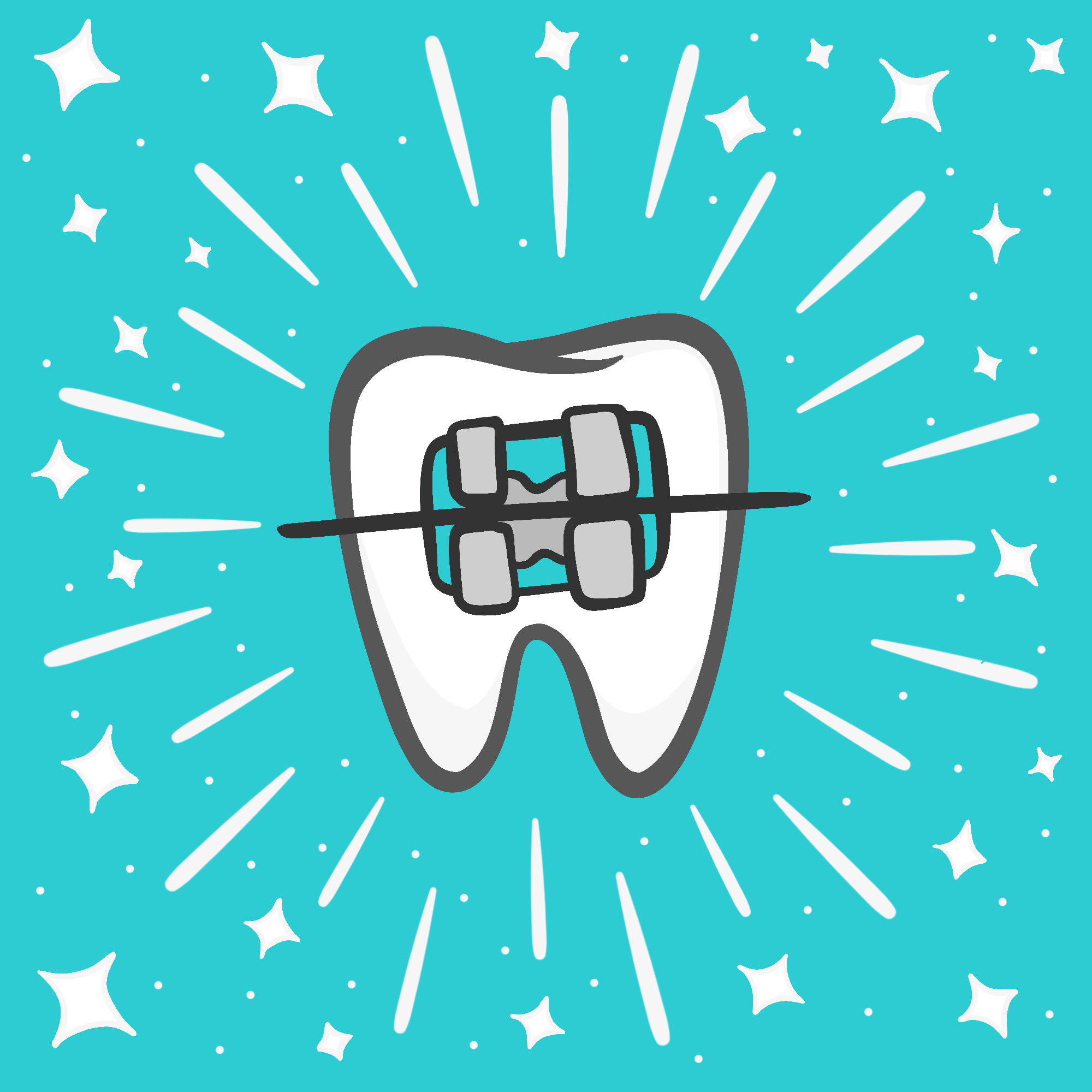
Ditch the self-blame and be forgiving with your brain’s reaction to your fixed brace:
The urge to pick and poke at your brace isn't a choice you’re making to deliberately stop your treatment. You’re not ‘weak’ and ‘lacking in self-control’. Worrying about your behaviour could lead to anxiety and could make the brace picking worse.
- About 1 in 5 people are genetically highly sensitive to stimuli. They experience extrabrace!
- Handing over control can feel hard when it comes to fixed braces - someone else put our fixed braces on and we can’t take them off
- Some neurodiversity may mean sensory experiences can be amplified
- Everyone’s brain senses for threat first – it's a superpower, not a fault! We need to support our thinking brain to get used to our braces

Stress and resilience in an ever-changing world vary when it comes to your brace
We’re all different, but our perceived threat tolerance can change unexpectedly, even after wearing a brace for some months.
Time normally helps your brain turn the volume down on your brace. But if another part of our life is proving stressful – we're facing exams or tensions in relationships - our brains don’t always neatly box off the source of stress being that incident with Becky and the bottle on the bus! Suddenly, the brace we’ve tolerated well is now something our brain’s suddenly giving side eye!
Switched up feels
In a brace, there’s tension and pressure. Pressing or pulling on your brace alters the feelings of the brace and seems to provide temporary ‘relief’. Think biting your nails or pick your scabs – at times, it feels irresistible. But relying on using our brace for anxiety relief isn’t good for our brackets. We need to find other outlets for our stress.

Solution one: Help your brain’s ‘fix it’ urge with tongue, tools and brace wax
Sweep your tongue around your mouth It’s one of the things your brain will ‘suggest’ you do to ‘fix’ the problem but your tongue’s too soft to pry brackets off. Your brain thinks you're fixing the ‘problem’.
Use orthodontic wax Smooth out rough brackets or wires with VITIS Orthodontic Wax to dull sensory irritations that spark your sensing brain’s curiosity. Soften in your fingers and apply to your brace. Think Play-Doh! Your brain’s less likely to register a “foreign” feeling; you can get on with your day.
Keep dental tools handy An Interprox Interdental Brush fits in a pocket and has a handy brush cover to keep it in tip top condition for going into battle in the campaign to solve your brace picking. A Monotip brush can help, too. Cleaning your brace offers your sensing brain the idea of control it needs but it’s brace friendly Your orthodontist will be impressed with how tickety-boo you’ve kept your brace, too!
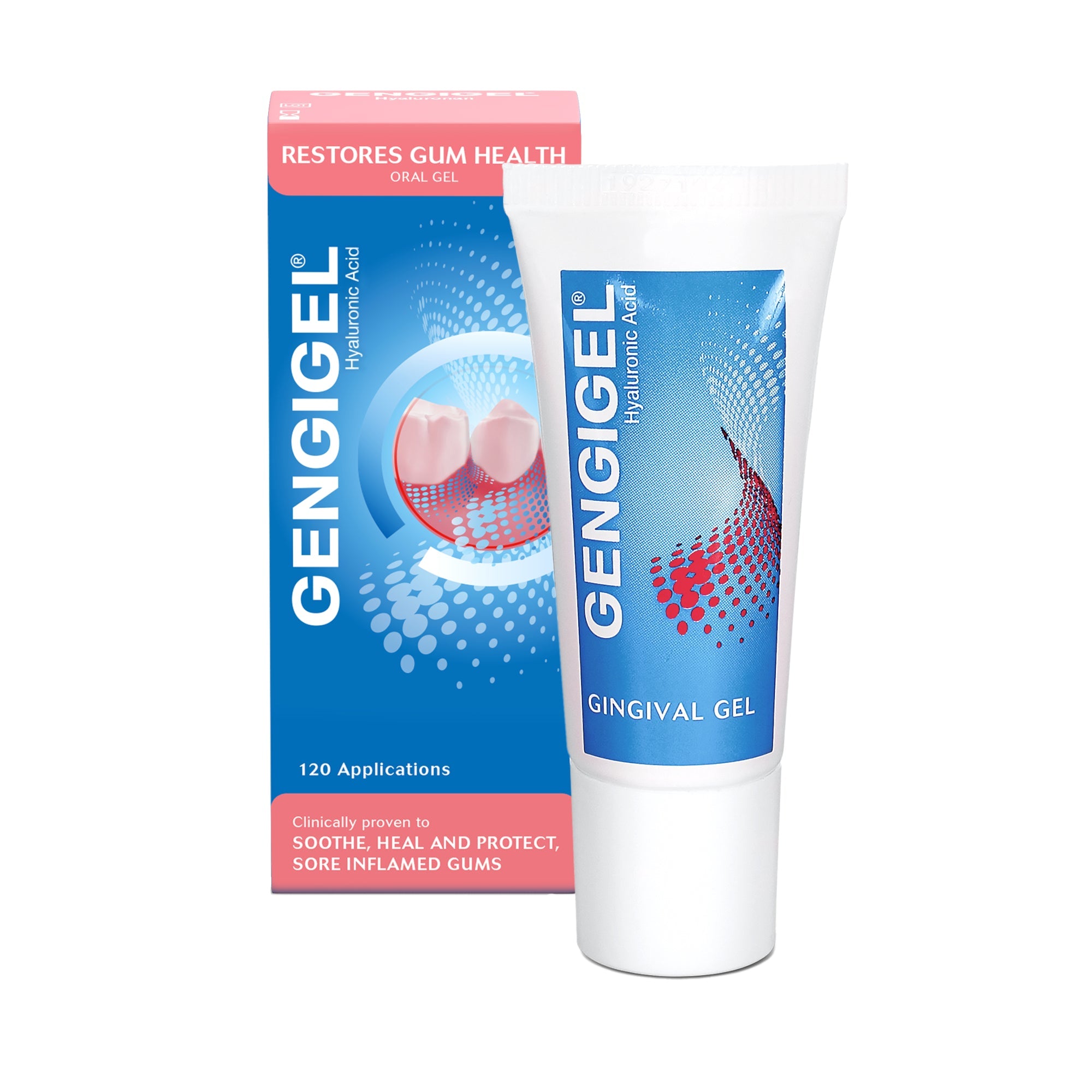
Solution two: Squash soft tissue discomfort fast
If the ‘everyday’ sensations of your brace ignite your sensing brain’s urge to have a fight with your brace, then sore gums and inner cheeks only fan the flames. Use Gengigel: The Pink One as its hyaluronic acid accelerates wound healing. The key is to turn the volume down on what’s going on in your mouth as far as possible.
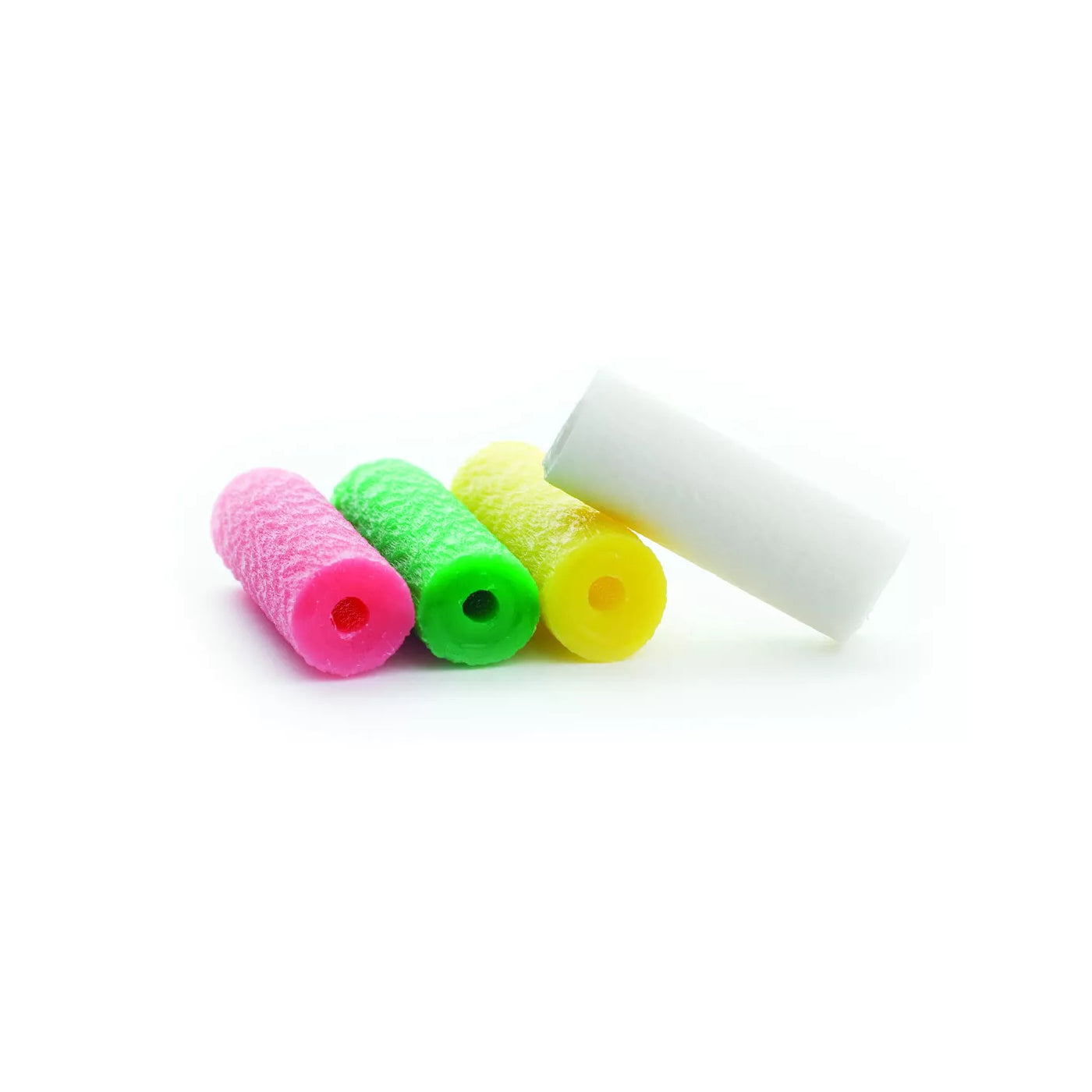
Solution three: Chewies and fidget toys
It’s all you’ve ever dreamed of - permission to chew in class and play with a fidget spinner without fear of reprisals! Keeping your mouth busy with an Orthodontic Chewie can help, especially if brace picking has become a way to soothe anxiety.
- 5 – 10 minutes three to four times a day shouldn’t compromise the chewies integrity
- Swap the chewie daily so avoid introducing bacteria, particularly if you’re carrying your chewie in your blazer pocket
- If the chewie splits, discard it to avoid it becoming a choking hazard
Or try keeping your hands busy with a fidget toy when there’s no escape from having to sit still at your desk. Even small distractions can help.
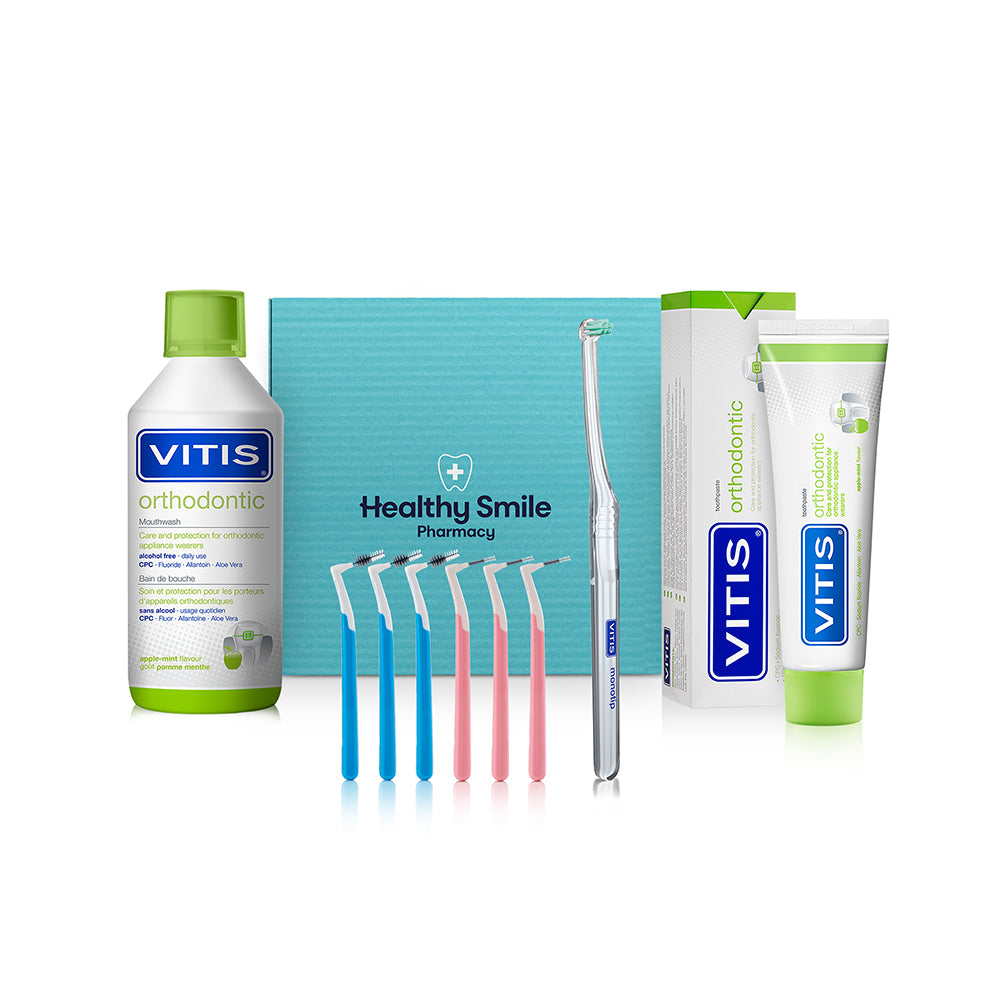
Solution four: Medical grade products specialising in orthodontic care
Did you know that many high street mouthwashes can dry your mouth which makes oral tissues more vulnerable to brace irritation? The urge to pick at your brace can increase with those products. Using specialist products helps protect tissues. VITIS Orthodontic Mouthwash and Toothpaste contain two ingredients to support oral tissues so that you feel generally more comfortable in your brace. Allantoin supports tissue regeneration and aloe vera helps heal minor lesions.
Solution five: Let your orthodontist in
Your orthodontic team want your treatment to be a success. They understand that your oral health is likely to be improved for a lifetime if your treatment is successful.
They may suggest a type of therapy that helps you reverse habits and calm anxiety called Habit Reversal Therapy.
No one wants you worrying and dealing with broken braces and risking having to stop treatment when the problem is manageable.
Further reading
This website is helpful in understanding Body Focussed Repetitive Behaviours


